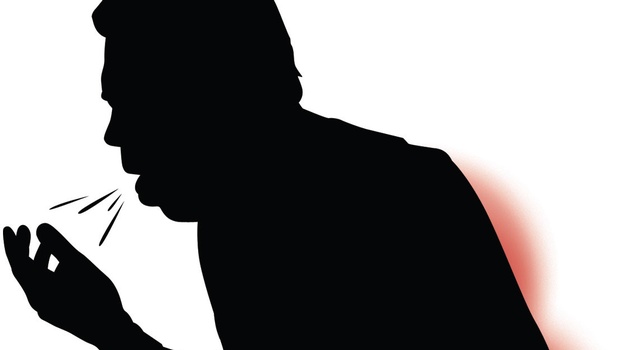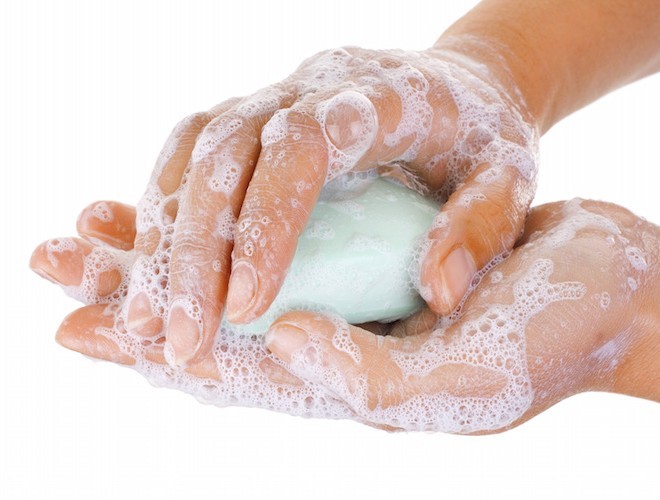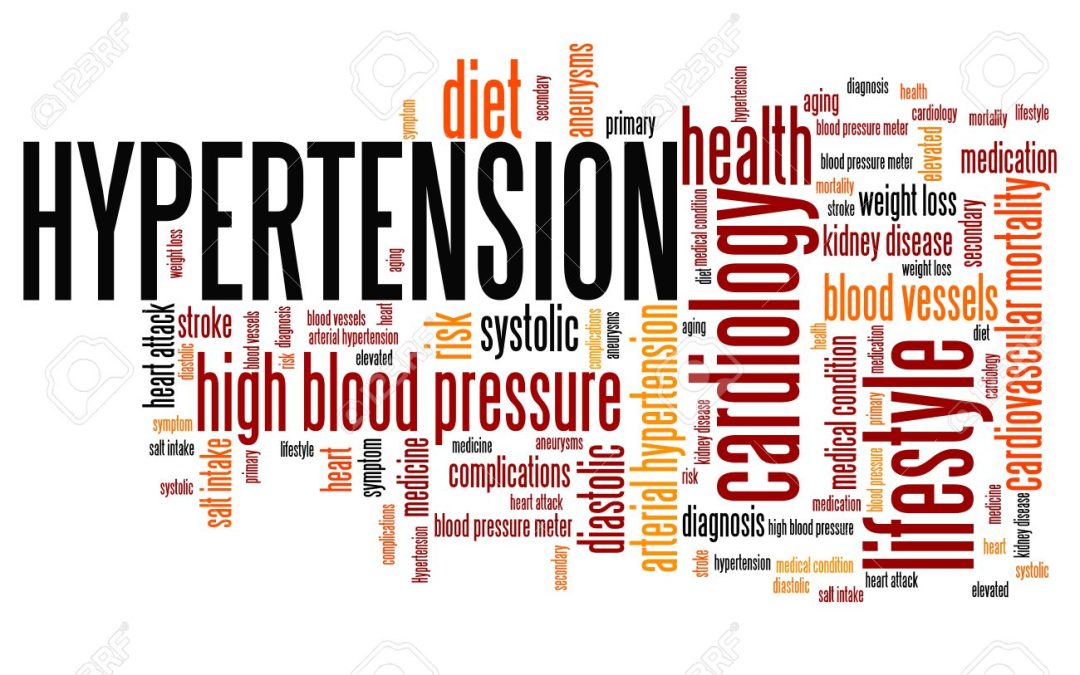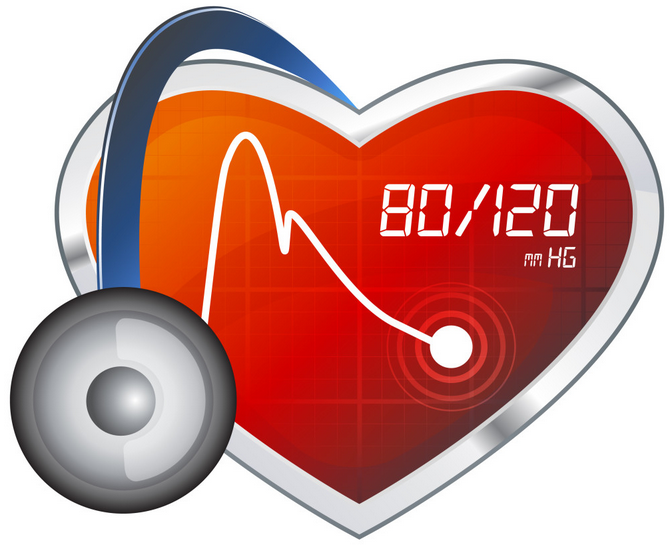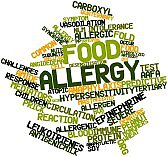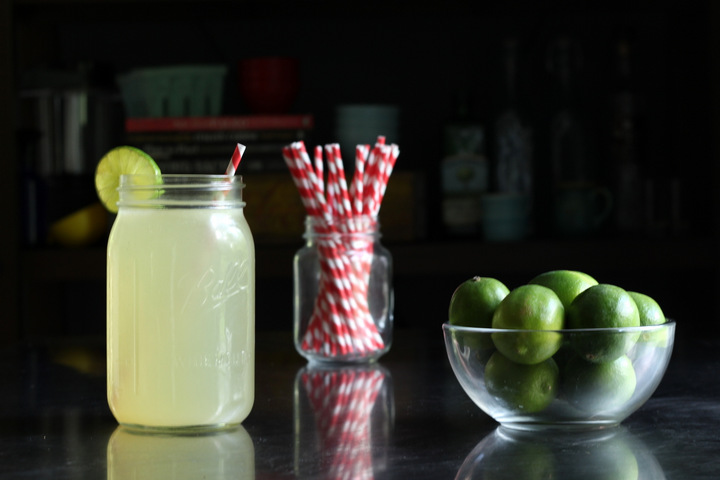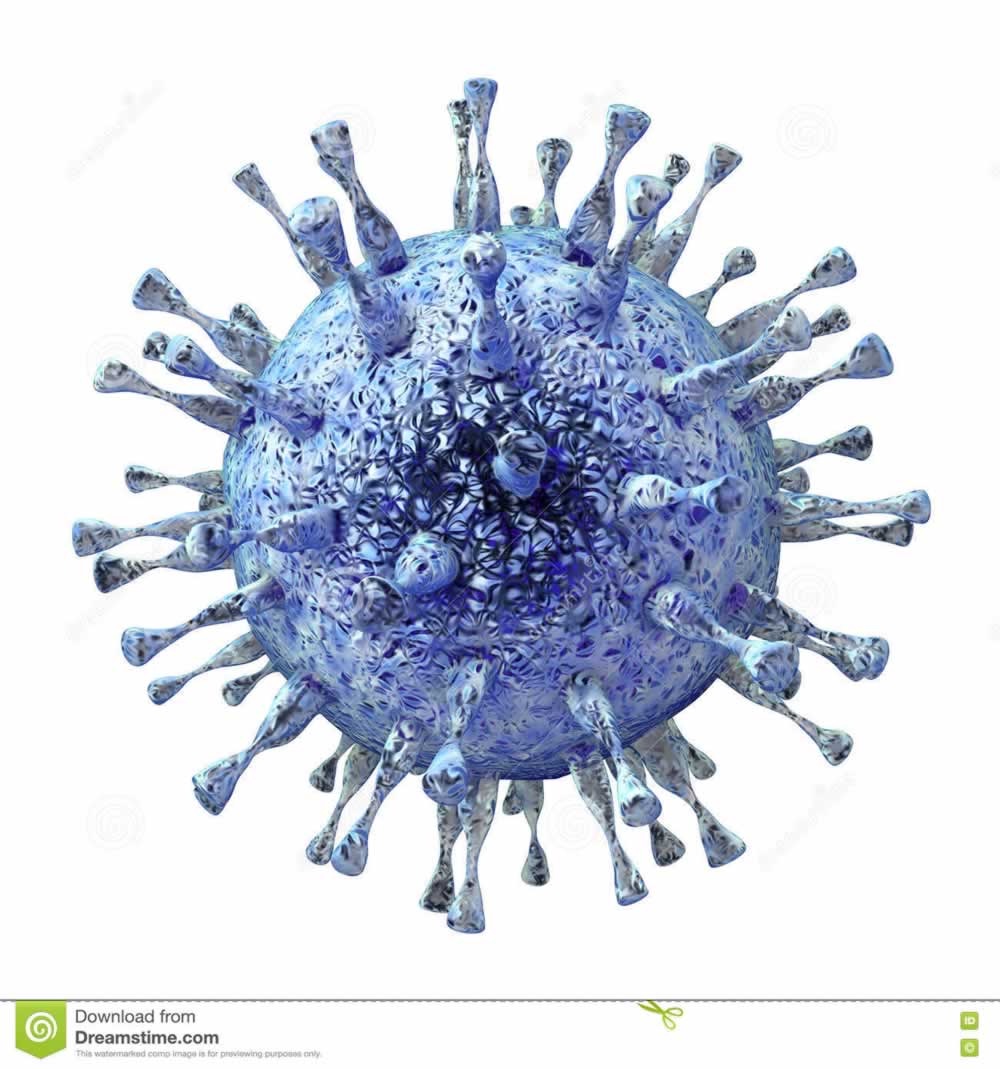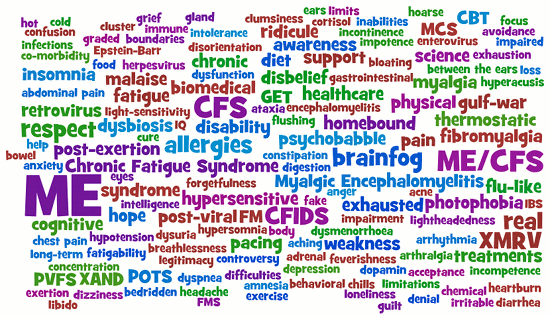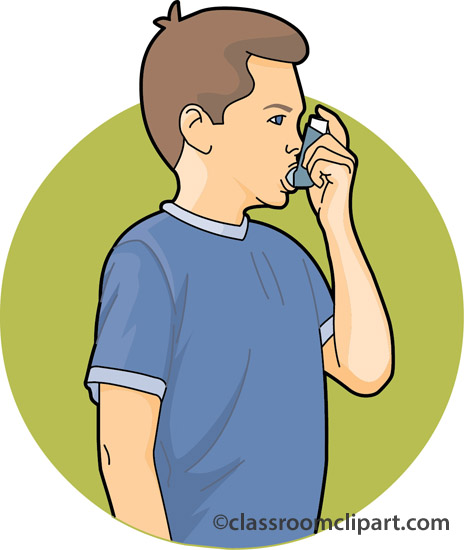First Do No Harm..
Primum Non Nocere
It is a popular misconception that the phrase “First do no harm” (Latin: Primum non nocere) is a part of the Hippocratic oath. Strictly speaking, the phrase does not appear in the oath, although the oath does contain “Also I will, according to my ability and judgment, prescribe a regimen for the health of the sick; but I will utterly reject harm and mischief”, in Latin “Victus quoque rationem ad aegrotantium salutem pro facultate, judicioque meo adhibebo, noxamvero et maleficium propulsabo”.
Another equivalent phrase is found in Epidemics, Book I, of the Hippocratic school: “Practice two things in your dealings with disease: either help or do not harm the patient”. The exact phrase is believed to have originated with the 19th-century surgeon Thomas Inman.
“First Do No Harm” revisited – article. BMJ 2013; 347 doi: http://dx.doi.org/10.1136/bmj.f6426 (Published 25 October 2013)Cite this as: BMJ 2013;347:f6426. Daniel K Sokol, honorary senior lecturer in medical ethics and law at King’s College London and a barrister
The Hippocratic Oath Today
By Peter Tyson – NOVA
The Hippocratic Oath is one of the oldest binding documents in history. Here you’ll find classical and modern versions of the oath as well as a brief article that offers a sense of the controversial nature of the oath today. Follow links at the bottom of the page to post your own comment or read those of others.
While Hippocrates, the so-called father of medicine, lived in the early 5th century B.C., the famous oath that bears his name emerged a century later. No one knows who first penned it.
THE OATH:
MEANINGLESS RELIC OR INVALUABLE MORAL GUIDE?
The Hippocratic Oath is one of the oldest binding documents in history. Written in antiquity, its principles are held sacred by doctors to this day: treat the sick to the best of one’s ability, preserve patient privacy, teach the secrets of medicine to the next generation, and so on. “The Oath of Hippocrates,” holds the American Medical Association’s Code of Medical Ethics (1996 edition), “has remained in Western civilization as an expression of ideal conduct for the physician.” Today, most graduating medical-school students swear to some form of the oath, usually a modernized version. Indeed, oath-taking in recent decades has risen to near uniformity, with just 24 percent of U.S. medical schools administering the oath in 1928 to nearly 100 percent today.
Yet paradoxically, even as the modern oath’s use has burgeoned, its content has tucked away from the classical oath’s basic tenets. According to a 1993* survey of 150 U.S. and Canadian medical schools, for example, only 14 percent of modern oaths prohibit euthanasia, 11 percent hold covenant with a deity, 8 percent foreswear abortion, and a mere 3 percent forbid sexual contact with patients—all maxims held sacred in the classical version. The original calls for free tuition for medical students and for doctors never to “use the knife” (that is, conduct surgical procedures)—both obviously out of step with modern-day practice. Perhaps most telling, while the classical oath calls for “the opposite” of pleasure and fame for those who transgress the oath, fewer than half of oaths taken today insist the taker be held accountable for keeping the pledge.
Indeed, a growing number of physicians have come to feel that the Hippocratic Oath is inadequate to address the realities of a medical world that has witnessed huge scientific, economic, political, and social changes, a world of legalized abortion, physician-assisted suicide, and pestilences unheard of in Hippocrates’ time. Some doctors have begun asking pointed questions regarding the oath’s relevance: In an environment of increasing medical specialization, should physicians of such different stripes swear to a single oath? With governments and health-care organizations demanding patient information as never before, how can a doctor maintain a patient’s privacy? Are physicians morally obligated to treat patients with such lethal new diseases as AIDS or the Ebola virus?
Other physicians are taking broader aim. Some claim that the principles enshrined in the oath never constituted a shared core of moral values, that the oath’s pagan origins and moral cast make it antithetical to beliefs held by Christians, Jews, and Muslims. Others note that the classical Oath makes no mention of such contemporary issues as the ethics of experimentation, team care, or a doctor’s societal or legal responsibilities. (Most modern oaths, in fact, are penalty-free, with no threat to potential transgressors of loss of practice or even of face.)
With all this in mind, some doctors see oath-taking as little more than a pro-forma ritual with little value beyond that of upholding tradition. “The original oath is redolent of a covenant, a solemn and binding treaty,” writes Dr. David Graham in JAMA, the Journal of the American Medical Association (12/13/00). “By contrast, many modern oaths have a bland, generalized air of ‘best wishes’ about them, being near-meaningless formalities devoid of any influence on how medicine is truly practiced.” Some physicians claim what they call the “Hypocritic Oath” should be radically modified or abandoned altogether. Below, see classical and modern versions of the oath.
*Orr, R. D., N. Pang, E. D. Pellegrino, and M. Siegler. 1997. “Use of the Hippocratic Oath: A Review of Twentieth-Century Practice and a Content Analysis of Oaths Administered in Medical Schools in the U.S. and Canada in 1993.” The Journal of Clinical Ethics 8 (Winter): 377-388.
HIPPOCRATIC OATH: CLASSICAL VERSION
I swear by Apollo Physician and Asclepius and Hygieia and Panaceia and all the gods and goddesses, making them my witnesses, that I will fulfil according to my ability and judgment this oath and this covenant:
To hold him who has taught me this art as equal to my parents and to live my life in partnership with him, and if he is in need of money to give him a share of mine, and to regard his offspring as equal to my brothers in male lineage and to teach them this art—if they desire to learn it—without fee and covenant; to give a share of precepts and oral instruction and all the other learning to my sons and to the sons of him who has instructed me and to pupils who have signed the covenant and have taken an oath according to the medical law, but no one else.
I will apply dietetic measures for the benefit of the sick according to my ability and judgment; I will keep them from harm and injustice.
I will neither give a deadly drug to anybody who asked for it, nor will I make a suggestion to this effect. Similarly, I will not give to a woman an abortive remedy. In purity and holiness, I will guard my life and my art.
I will not use the knife, not even on sufferers from stone, but will withdraw in favour of such men as are engaged in this work.
Whatever houses I may visit, I will come for the benefit of the sick, remaining free of all intentional injustice, of all mischief and in particular of sexual relations with both female and male persons, be they free or slaves.
What I may see or hear in the course of the treatment or even outside of the treatment in regard to the life of men, which on no account one must spread abroad, I will keep to myself, holding such things shameful to be spoken about.
If I fulfil this oath and do not violate it, may it be granted to me to enjoy life and art, being honoured with fame among all men for all time to come; if I transgress it and swear falsely, may the opposite of all this be my lot.
—Translation from the Greek by Ludwig Edelstein. From The Hippocratic Oath: Text, Translation, and Interpretation, by Ludwig Edelstein. Baltimore: Johns Hopkins Press, 1943.
HIPPOCRATIC OATH: MODERN VERSION
I swear to fulfil, to the best of my ability and judgment, this covenant:
I will respect the hard-won scientific gains of those physicians in whose steps I walk, and gladly share such knowledge as is mine with those who are to follow.
I will apply, for the benefit of the sick, all measures [that] are required, avoiding those twin traps of overtreatment and therapeutic nihilism.
I will remember that there is art to medicine as well as science, and that warmth, sympathy, and understanding may outweigh the surgeon’s knife or the chemist’s drug.
I will not be ashamed to say “I know not,” nor will I fail to call in my colleagues when the skills of another are needed for a patient’s recovery.
I will respect the privacy of my patients, for their problems are not disclosed to me that the world may know. Most especially must I tread with care in matters of life and death. If it is given me to save a life, all thanks. But it may also be within my power to take a life; this awesome responsibility must be faced with great humbleness and awareness of my own frailty. Above all, I must not play at God.
I will remember that I do not treat a fever chart, a cancerous growth, but a sick human being, whose illness may affect the person’s family and economic stability. My responsibility includes these related problems, if I am to care adequately for the sick.
I will prevent disease whenever I can, for prevention is preferable to cure.
I will remember that I remain a member of society, with special obligations to all my fellow human beings, those sound of mind and body as well as the infirm.
If I do not violate this oath, may I enjoy life and art, respected while I live and remembered with affection thereafter. May I always act so as to preserve the finest traditions of my calling and may I long experience the joy of healing those who seek my help.
—Written in 1964 by Louis Lasagna, Academic Dean of the School of Medicine at Tufts University, and used in many medical schools today
THE OATH OF A MUSLIM PHYSICIAN
Written by Islamic Medical Association of North America
Praise be to Allah (Subhanahu Wa Ta’ala,”), the Teacher, the Unique, Majesty of the heavens, the Exalted, the Glorious, Glory be to Him, the Eternal Being Who created the Universe and all the creatures within, and the only Being Who contained the infinity and the eternity. We serve no other god besides Thee and regard idolatry as an abominable injustice.
Give us the strength to be truthful, honest, modest, merciful and objective.
Give us the fortitude to admit our mistakes, to amend our ways and to forgive the wrongs of others.
Give us the wisdom to comfort and counsel all towards peace and harmony.
Give us the understanding that ours is a profession sacred that deals with your most precious gifts of life and intellect.
Therefore, make us worthy of this favoured station with honor, dignity and piety so that we may devote our lives in serving mankind, poor or rich, literate or illiterate, Muslim or non-Muslim, black or white with patience and tolerance with virtue and reverence, with knowledge and vigilance, with Thy love in our hearts and compassion for Thy servants, Thy most precious creation.
Hereby we take this oath in Thy name, the Creator of all the Heavens and the earth and follow Thy counsel as Thou has revealed to Prophet Mohammad (pbuh).
“Whoever killeth a human being, not in lieu of another human being nor because of mischief on earth, it is as if he hath killed all mankind. And if he saveth a human life, he hath saved the life of all mankind.” (Qur’an V/35)
This medical oath is a composite from the historical and contemporary writings of physicians of Islamic World.
DOCTORS BEYOND MEDICINE OATH
I dedicate myself to the service of humanity as a practitioner of the art and science of Natural and Integrated Medicine.
I continue to show honour and respect to those that came before me, that paved the way for Natural Medicine and Integrated Medicine and will continue to grow and preserve this knowledge to the best of my ability.
Through education and practice, I will inform patients and the world at large of the value of taking charge of their own health.
Through precept, lecture and example, I will assist and encourage others to strengthen their health, reduce risks for disease and preserve the health of our planet for ourselves, our families and future generations.
According to my best ability and judgment, I will use methods of treatment which follow the principles of Natural and Integrated medicine:
First of all, do no harm
To act in cooperation with the Healing Power of Nature
To address the fundamental causes of disease
To heal the whole person through individualized treatment
To teach the principles of healthy living and preventative medicine
I will conduct my life and the practice of Natural and Integrated Health Care with vigilance, integrity and freedom from prejudice. I will abstain from voluntary acts of injustice and corruption. I will keep confidential whatever I am privileged to witness, whether professionally or privately that should not be divulged.
With my whole heart, before this gathering of witnesses, as a Doctor of Natural and Integrated Medicine, I pledge to remain true to this oath.
YOUR HEALTH
The following section is an information only section. Please be sure to contact your DBM Physician / Practitioner for guidance. Whilst no one ever died from eating healthy food, it is still important that you discuss a way forward with your healthcare practitioner, especially if you are currently experiencing health problems.
Disclaimer:
We are obliged to notify you that the information on this website is solely for informational purposes. IT IS NOT INTENDED TO PROVIDE MEDICAL ADVICE. Neither the Editors of Doctors Across Borders NPO t/as Doctors Beyond Medicine, the author(s) nor publisher(s) take responsibility for any possible consequences from any treatment, procedure, exercise, dietary modification, action or application of medication which results from reading or following the information contained in this information. The publication of this information does not constitute the practice of medicine, and this information does not replace the advice of your physician or other health care provider. Before undertaking any course of treatment, the reader must seek the advice of their physician or other health care provider.








